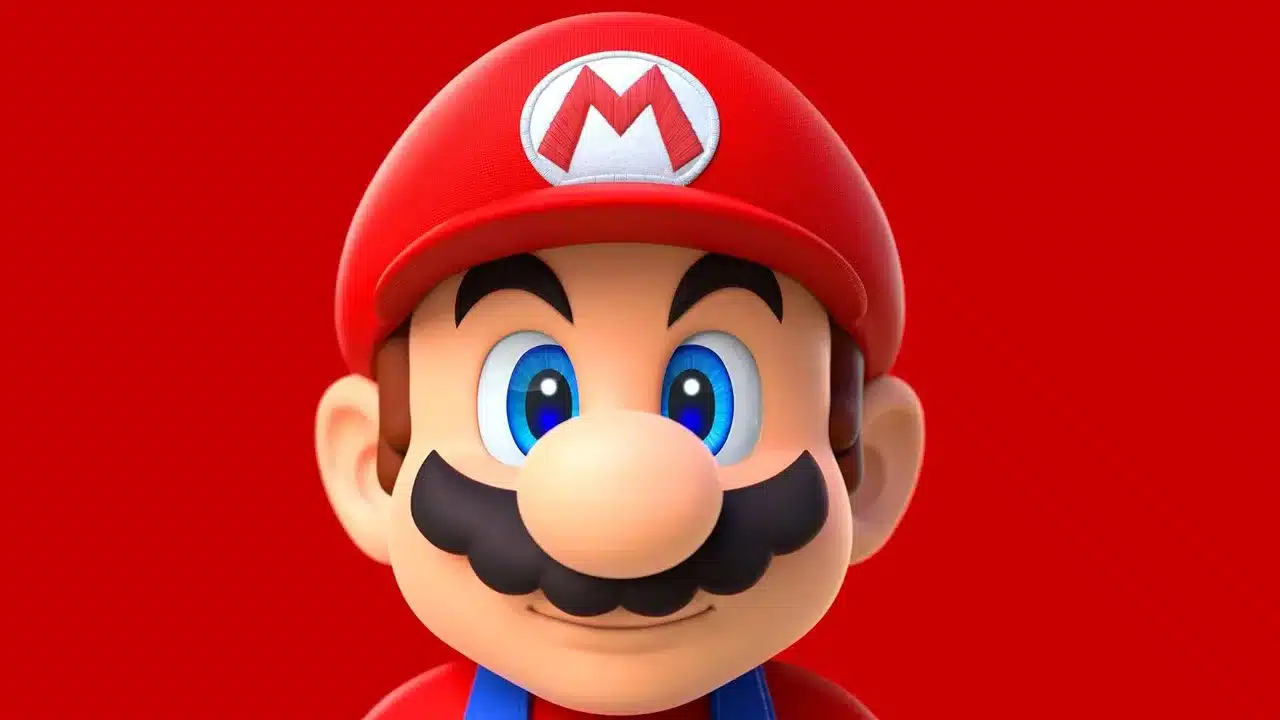The gaming market faces a delicate dilemma. While Nintendo appears to be navigating price increases for its consoles and games with ease, other industry giants are encountering resistance. After all, how much more are gamers willing to pay?
In recent years, we've seen studios invest fortunes in AAA titles only to face cancellations, mass layoffs, and, in extreme cases, complete closure. With rising global costs driven by import tariffs and inflation, price increases for games seem inevitable. However, it's not a simple decision.
Microsoft and EA backtrack on increases
In July, EA CEO Andrew Wilson stated that the company has no plans to adjust prices for franchises like Battlefield and traditional sports games. EA's strategy focuses on offering a variety of options, from free-to-play titles like Apex Legends to subscription services like EA Play.
Meanwhile, Microsoft announced a price increase for games and consoles, raising the price of new titles to $79.99. However, negative public reaction led to some changes being revised. Obsidian, for example, announced a higher price for The Outer Worlds 2 , but quickly backtracked after the backlash.
Nintendo: the exception that proves the rule
Unlike other companies, Nintendo has managed to implement price increases without much resistance. The Switch 2 , its most expensive console to date, is already breaking sales records. Furthermore, the company's games, now sold for $69.99, follow a pattern already adopted by PlayStation and Xbox, which softens the perception of a price increase.
Another factor is the perception of quality. Nintendo has built a solid reputation, and its titles rarely go on aggressive promotions. However, the announcement that older Switch models would also undergo price increases sparked controversy, raising the question: how long will the public be willing to pay more?
The future of gaming pricing
With production costs rising, major games like Grand Theft Auto VI reach prices of up to $100. However, analysts point out that the idea of a single price for all releases may be outdated. Variable models, such as collector's editions and differentiated pricing for indie games, are likely to gain traction.
Nintendo, true to form, will continue to dictate its own pace. Meanwhile, other publishers will need to justify every extra penny they charge, or face backlash. The future scenario points to more flexible pricing strategies, adapted to the expectations of the digital market.
Want to be the first to hear about news like this? Follow AnimeNew on WhatsApp and keep up with our content on Google News .


